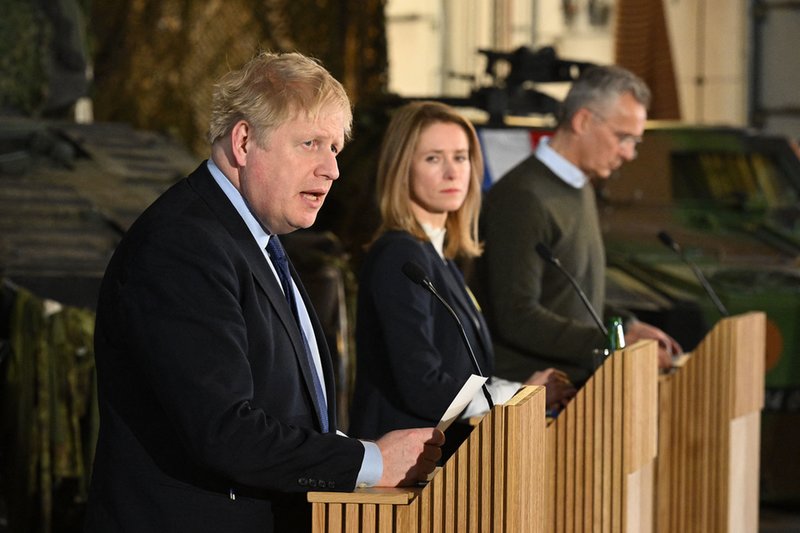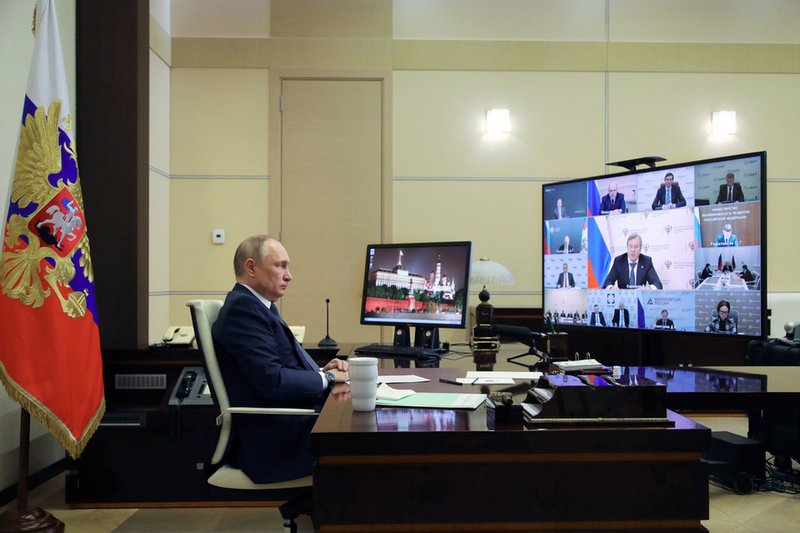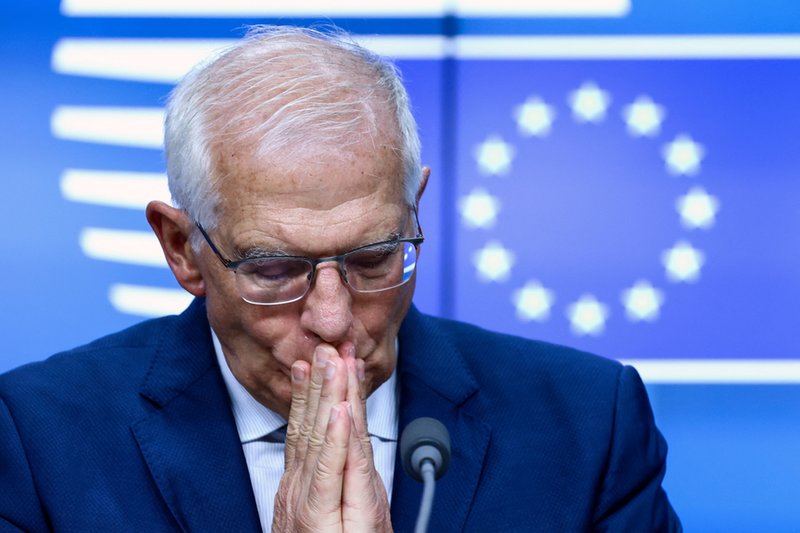Preluded by months of military build-up on Ukraine’s borders, just before 6am Moscow time, Russian President Vladimir Putin told his country, and the world, that Russian forces had embarked upon a “military operation” in the east of Ukraine. Putin said that the operation was an attempt to demilitarise and "de-Nazify" Ukraine as an act of self-defence.
The news was roundly criticised by much of the world, eliciting almost immediate responses from the US, where President Joe Biden branded the act as “premeditated” and one that would result in “catastrophic loss of life and human suffering”. UK Prime Minister Boris Johnson said the “hideous and barbaric venture must end in failure”, and European Commission President Ursula von der Leyen said the bloc would impose a “massive and targeted” raft of sanctions in response.
The UK announced it was banning Russia’s flag carrier, Aeroflot, from its airspace, a move replicated by Bulgaria, the Czech Republic, Estonia, Latvia, Lithuania, Poland, and Romania within hours. The US Federal Aviation Administration said it was stopping US aviation interests from using Belarussian, Ukrainian, and parts of western Russian airspace. The ban covered passenger and cargo flights.

(L-R) British Prime Minister Boris Johnson (L) speaks during a joint press conference with Prime Minister of Estonia Kaja Kallas (M) and Secretary General of NATO Jens Stoltenberg (R) at the Tapa Army Base on 1 March 2022 in Tallinn, Estonia. Credit: LEON NEAL/POOL/AFP/Getty Images

